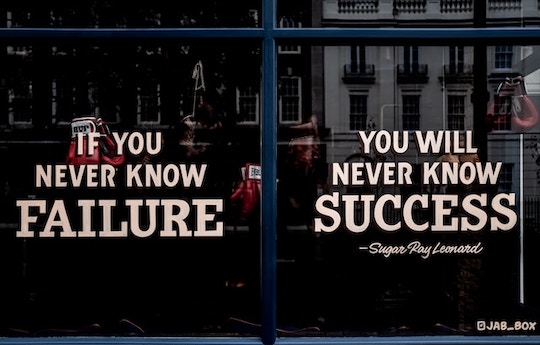“You might as well fall flat on your face as lean over too far backward.”
—James Thurber, 20th century American cartoonist, humorist, and playwright
Today’s quote offers us alternative ways to fall flat in life.
The first choice involves being a leader in our own life and charting our own course through the world.
The second involves the impossible task of always trying to please others.
In the first case we get to pick ourselves up and start over whenever we wish. In the second, our backs never seem to straighten and it can eventually break you.
EXERCISE:
How often do you find yourself bending backwards to please others?
Where would listening to your inner voice and forging forward be a better approach for successful living no matter how many times you fall?










